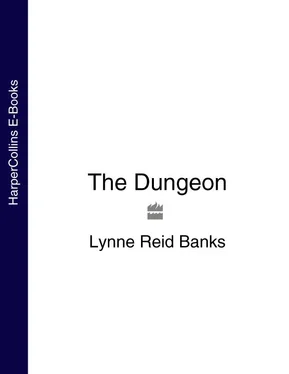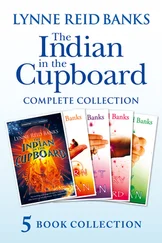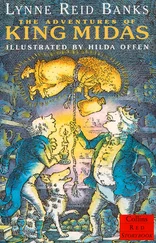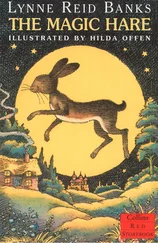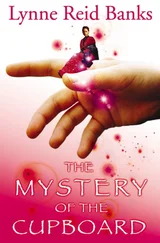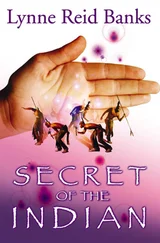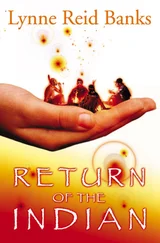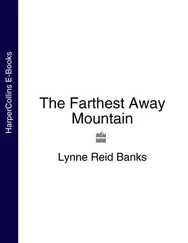So McLennan hired one, and took the advice of its owner – given during a visit to the market, in sign language – as to his likely needs on the journey ahead. He secretly hoped he would never be called upon to mount a gamal , as its height above ground, and its inhospitable hump, would surely make him as seasick as clinging to the poop deck of a ship on high seas.
Once again McLennan’s patience was tested. It took weeks for the caravan to assemble. But at last the party, consisting of about thirty men and as many gamal (or camels, as McLennan came to call them since he couldn’t pronounce the guttural language of his servant-guide) set off, the camels heavily loaded, the men on foot.
McLennan was lucky. There was a Portuguese trader among the men, a seasoned traveller called Afonso, who had made this journey once before and who spoke a little English. At first they could hardly understand each other, but Afonso was a talkative man; before a month of the journey had passed, they could converse, and better and better as the long days and longer nights passed.
The Portuguese spoke a great deal about his wife and children and to this McLennan deafened himself. He would sit by the campfire at night and stare into it and say nothing, trying not to listen, not to remember.
‘You have wife? Childs?’ Afonso kept asking.
McLennan clenched his teeth and made no answer.
‘You no find wife in Chi-na! No see womans there. Mans hide womans.’
‘Tell me about Chi-na, never mind the “womans”,’ McLennan growled.
He learned much about their destination, which the Chi-na men called the Middle Kingdom, thinking it the centre of the world. From this translation of its name came the nickname some travellers gave to its inhabitants – ‘Mi-Ki’.
‘Those Mi-Ki no like stranger,’ Afonso said. ‘Trader not all time behave well. Some cheat, some steal. Get drunk. Very bad. Now Mi-Ki think all mans from west bad. They call us devils from far—’
‘Foreign devils?’
‘ Si . So best is, keep quiet, no drink, do trade, go home.’
‘I intend to stay,’ said McLennan. But Afonso didn’t believe him.
‘No one stay,’ he said.
‘Marco Polo did,’ thought McLennan. But he didn’t say it aloud. It might be just a rumour that the Venetian had become a member of some kingly court and stayed many years.
Another time, when McLennan had been regaling Afonso, as they trudged along the weary miles, with tales of his prowess in battle back in Scotland, the Portuguese gave him a sideways grin. ‘You like to fight?’
‘I like it well enough when I choose,’ McLennan answered.
‘Mi-Ki rule now by Mongol king call Kublai Khan. Most great ruler in all world.’
‘Aye, so I’ve heard.’
‘You like to fight Mongol? Then you show you great warrior!’
But McLennan knew when he was being mocked. He already understood that no one could beat the Mongols.
Nevertheless, through the hard journey across the wild desert regions of central Asia, McLennan began to dream of war and battle. Action. Action was what he had always needed and craved, ever since a night when he was held immobile, bound to a door that he had all but torn from its hinges in his frenzy.
The journey took many months. And if it wasn’t ten thousand miles, often during the long months of travel it seemed like it. By the time they at last crossed the western borders of Chi-na, the Scotsman had to admit that his strength and endurance had been tested to their limits.
As they travelled on through the endless scattered farmlands of the north, McLennan saw little wealth and splendour, but much poverty and hard struggle for survival. The peasants of this vast land tilled it in the sweat of their faces, even more than his own serfs, though he was surprised to see that in certain ways their farming methods were better. Their fields were carved somehow into small, flat, irregular steps that followed the curve of the hills, to make the most of the land.
The peasants mainly kept their distance, except for a few that approached them to sell food, or to trade (these received short shrift from the cameleers, who had bigger game afoot in the cities). But McLennan saw enough of them to be amazed. He himself came from a mongrel race, descended from Picts, Britons, Vikings, Norman French and, far back, there was Roman blood. Some Scots were dark, some blond, some red-headed like him. They were of many shapes and sizes and casts of feature. All these , he thought at first, might have sprung from one egg—the travellers all had straight black hair, sallow skin, and eyes seemingly cut in half by their eyelids.
During the long journey, the travellers had eaten poorly, mainly meat and milk from the herds of the nomads they traded with in passing. But McLennan bore the simple diet stoically, feeding in his imagination on Afonso’s descriptions of the food in Chi-na, which he insisted was exotic, varied and delicious. And here – in primitive inns along the caravan’s route, where in the evenings they slumped exhausted with growling stomachs – here it was!
McLennan had never tasted such stuff. Little white grains was the bulk of it, with a few chopped vegetables half raw, some salt fish, some pig-meat, and occasional sauces that burned his tongue… He longed for a plate of porridge with honey and cream, some thick barley broth with chunks of fat mutton, good roast venison or beef in rich brown gravy, with bannock – real Scottish bread – to sop it up with.
Afonso mocked him. ‘You say you stay here? If Mongol no kill you first, you die of empty belly! You eat Mi-Ki food, my friend – is good!’ And he brought his bowl to his mouth and shovelled the stuff into it with two sticks, as the locals did. McLennan used his dhu – the short knife he carried in the top of his hose – to whittle a spoon, for which he was heartily laughed at.
How could he enjoy a place when he had no good meals to look forward to, and when his stomach was always either craving food or rejecting it? McLennan fell into a vile temper. He decided he hated this place. All these months of hard travelling to find a poor land full of peasants who ate disgusting things in a most idiotic manner! He kept his eyes on the ground and trudged on with the caravan, sullen, hungry and disappointed. Afonso tried to cheer him up, and when he failed, moved away and walked among the other men.
At last they reached their destination. As the caravan drew to a halt, amid the noise and bustle of a busy marketplace, McLennan had no choice but to look about him. And his senses reeled. He saw so many new things at once that he couldn’t take them in. Crowds, colours, scents, strange structures seemed to whirl around him.
They were outside the gates of a city. There were walls – high, strong walls – and an open gate. But he didn’t look through it at first. He looked at things nearest. There were tents both drab and brilliant, and stalls, and cartloads of exotic goods set out; there were merchants of several races, shouting, waving their arms, showing their wares – trading. There were many caravans of camels, donkeys, horses, mules and the strange creatures he had seen on the high plains called yaks. There were the clamouring noises and smells of all these. But most of all, there were colours.
McLennan’s own world was full of drab greys, blacks, browns, duns… the purple of heather in flower and the blue of summer skies reflected in lakes were almost the brightest colours his eyes were used to. Now he thought of rainbows, jewels, paintings, flowers, the brilliant tiled alcoves of the Mohammedans… Still he could think of nothing to compare with what he could see here on every side. The Mi-Ki merchants were holding these colours as if they had control of the waves of some multi-hued ocean, swirling them, displaying them – shimmering banners and bales and curtains of some wondrous fabric.
Читать дальше
